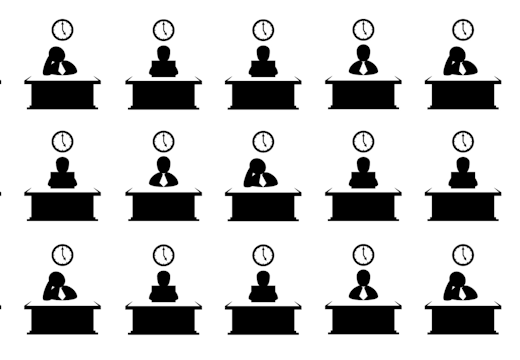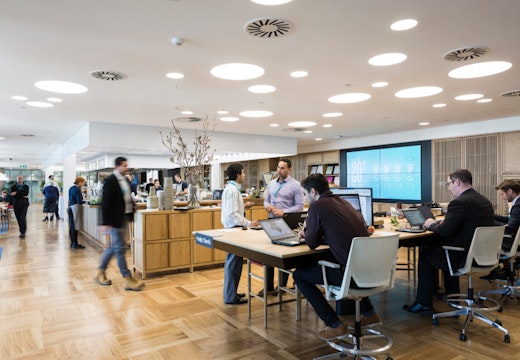Autumn reset: three big ideas organisations are mulling over this fall
Summer’s over and the autumn work grind has clicked back into action. Suddenly everyone is dusting off the big ideas to make working life more bearable
September is all about the fresh start – an opportunity to hit the reset button and re-evaluate. As workplaces and roads fill up again after a long, hot summer, everyone suddenly has an opinion on how to improve working practices. Here are three big ideas that are hot right now. They may not necessarily be new ideas but they are being advanced with a new urgency:
1. Make commuting count
There are more voices advocating that commuting time should be counted as working time, with pay adjusted accordingly. A study from the University of the West of England found that wider access to wi-fi on trains and the spread of mobile phones has extended the working day. The study examined 5,000 rail passengers on commuter routes and found that – of those logged into the train’s wi-fi – 54 per cent of commuters were sending work emails. If workers are routinely sending emails to and from their journey to work, shouldn’t it count as working hours?
While researcher Dr Juliet Jain, of the University’s Centre for Transport Society, believes that this solution could ease commuter pressure at peak hours of travel, business leaders are struggling with how to set boundaries around work emails and mobile technology.
2. Four-day working week
This idea has been around for nearly as long as the office itself, but a call this autumn from the Trade Union Congress (TUC) in Britain for organisations to improve their technology to cut working hours has reignited the debate.
Full time employees in the UK work some of the longest hours in the European Union, on the heels of only Austria and Greece. These workers rack up £32 billion worth of unpaid overtime and a report by TUC shows that the number of people working seven days a week has now reached more than 1.4 million in the UK.
Reducing working time to four days a week is a way to share the gains of collective increased prosperity. The figures in the TUC report show that 81 per cent of workers want to reduce their working time in the future, with 45 per cent opting for a four-day working week, without the loss of pay.
The reality, of course, is that technology is current extending working hours instead of reducing them, so will this idea require government intervention to become a reality?
3. Paid holidays for all
In the gig economy with more flexible, less secure forms of employment, millions of workers are missing out on regular holidays.
This could have a severe impact on life expectancy according to a new scientific study from the University of Helsinki. This research looked at data over a 40-year period and discovered that men who took less than three weeks of annual leave were found to be 37 per cent more likely to die than those who took more leave.
According to the study, a healthy lifestyle can never compensate for working too hard. Even those employees with proper holiday provision are sometimes unwilling to take time off for fear of not appearing committed enough to the job. Is it time for corporate organisations to do more to incentivise the taking of annual leave.? After all, it could be a matter of life and death.








